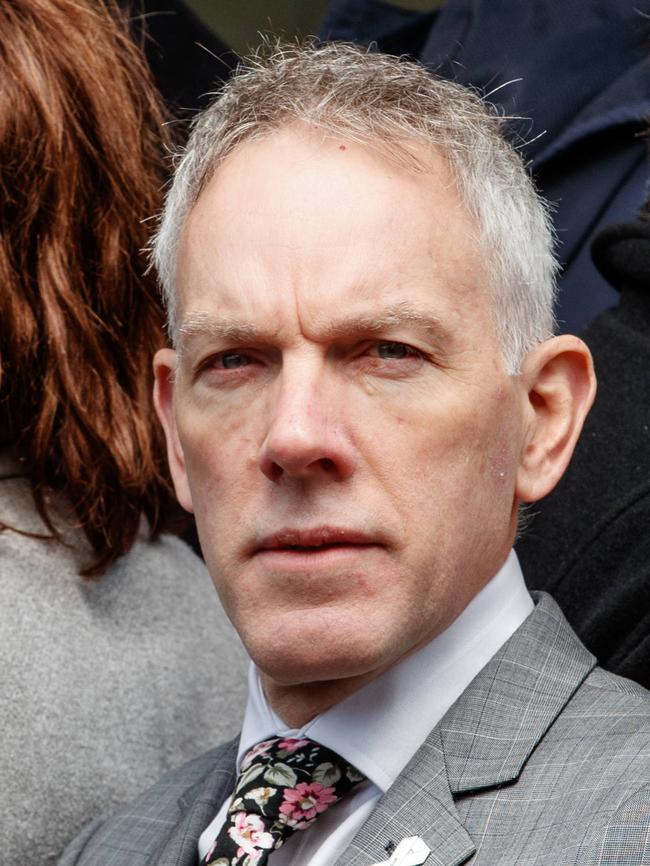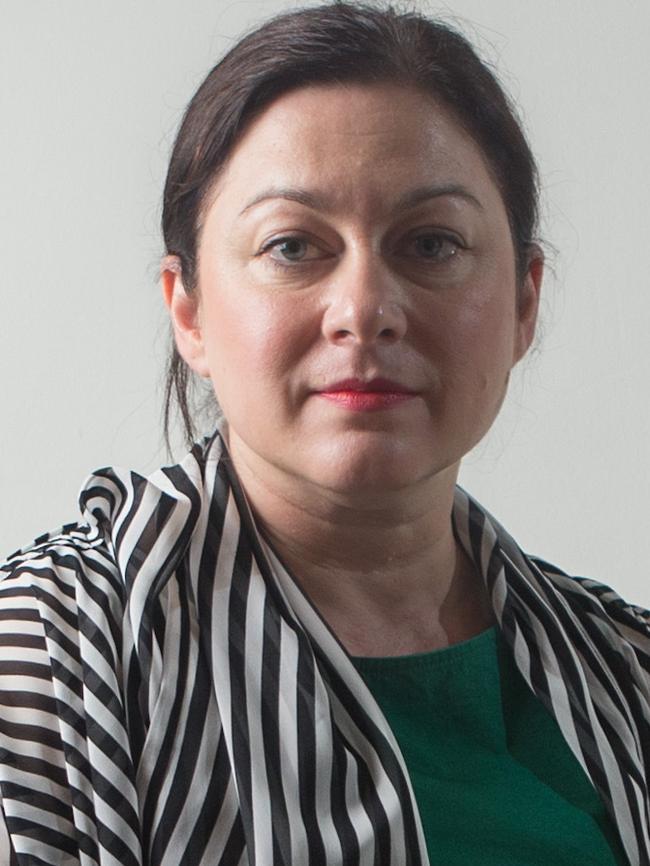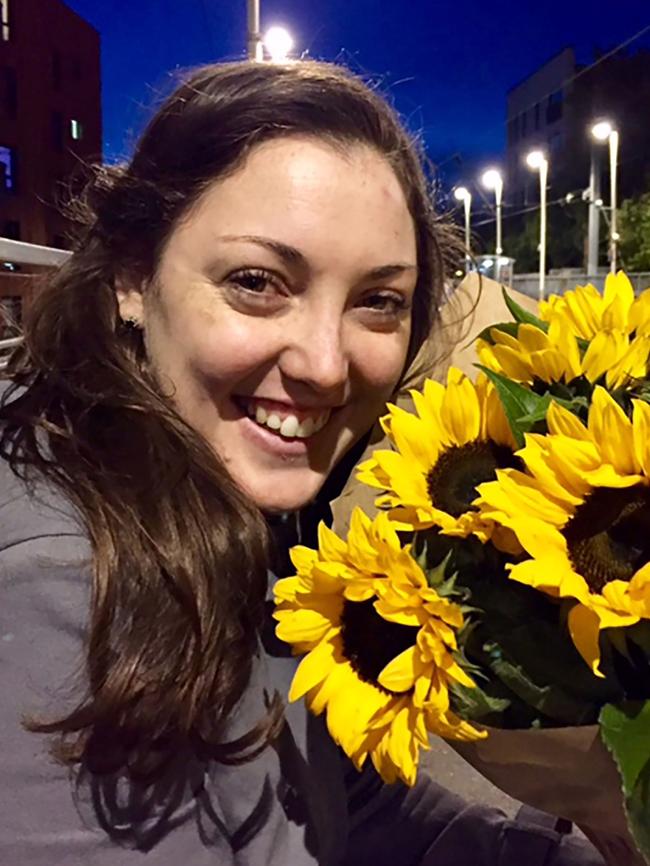SA Victims’ Rights Commissioner leads push for nationally consistent support for Australian terror victims
A NATIONAL blueprint for supporting victims of terror attacks is being developed in a bid to better protect Australians’ rights in the face of growing global extremism.

SA News
Don't miss out on the headlines from SA News. Followed categories will be added to My News.
RESPECTED South Australian victims advocate Michael O’Connell is spearheading a national blueprint to support terror victims, to better protect rights in the face of growing global extremism.
Under the plan, victims of attacks such as the London bombings and the Bastille Day attack in Nice would have access to the same emotional and financial support in the aftermath of an attack, no matter which state they live in.

Mr O’Connell, the SA Victims’ Rights Commissioner, is leading development of the nationally consistent guidelines, following an agreement between Prime Minister Malcolm Turnbull and premiers.
“The London terrorist incident that unfortunately resulted in the death of two Australian citizens highlighted that the financial assistance immediately available varies by the place of residence of the victim, despite being victims of the same type of crime,” Mr O’Connell said.
Loxton nurse Kirsty Boden, 28, and Brisbane nanny Sara Zelenak, 21, were among eight people killed in the London Bridge terror attack in June last year. While the Federal Government already offers a national compensation scheme, the state-based coverage of the cost of flights and other emergency out of pocket expenses differed. “All states and territories also have counselling schemes for victims of terrorism,” Mr O’Connell said.
“Whether these could cope with victim demand if, for instance, a significant incident of mass violence happened in Australia is untested.”


At this month’s meeting of the nation’s leaders, it was agreed that the National Victims of Crime Working Group would develop nationally consistent guidelines to protect the rights of terror victims.
The federal compensation scheme offers up to $75,000 to victims or their close family members, as well as consular support. Under the agreement, the states would consider bringing their own victim support schemes into line for terror victims and improve links with the federal services.
Mr O’Connell said he would host the first meeting on the plan next month. The proposed guidelines would be handed to the country’s leaders before the end of the year.
In a letter to Mr Turnbull, Premier Jay Weatherill offered for SA to take the lead on the issue to address the gap in services offered to Australian victims. “There are currently no guidelines in place to provide a nationally consistent mechanism for safeguarding the rights of the victims of terrorism,” Mr Weatherill said.
“Australian victims of terrorism, whether in Australia or overseas, are likely to encounter a range of cross-border barriers and disparities in treatment that limit the protections available to them.”


